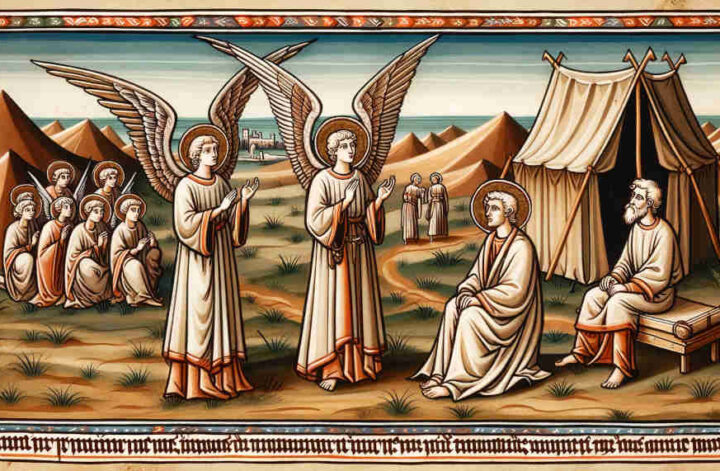Question Regarding Pork in Jewish Diet
Email from Michael Green: “Hello Rabbi Joshua, I’ve recently been learning about different religious dietary restrictions and was curious about one in particular within Judaism. Do Jews eat pork, or is it prohibited?”
Response from Rabbi Joshua
Shalom Michael, I’m glad you’re exploring the rich tapestry of religious customs and commandments. The question you ask is a fundamental one concerning Jewish dietary laws.
Kashrut: Jewish Dietary Laws
In Judaism, the dietary laws are known as Kashrut, derived from the Hebrew root Kaf-Shin-Resh, meaning fit, proper or correct. These laws outline the types of food that are permissible for consumption by those who practice Judaism.
The Prohibition of Pork
Pork is indeed prohibited in the Jewish dietary laws. The Torah specifically states that while the pig has cloven hooves, it does not chew its cud, which is a requirement for an animal to be considered Kosher (fit for consumption). This prohibition can be found in the book of Leviticus (11:7) and Deuteronomy (14:8).
Observance of Dietary Laws
Observant Jews who adhere to Kashrut will abstain from eating pork in any form, as well as any products derived from pigs. The observance of these laws is considered a mitzvah, a divine commandment.
Reasons Behind the Commandment
The reasons for the prohibition are complex and multifaceted. Some explanations focus on health considerations, others on historical, cultural, or spiritual symbolism, and some see it as an expression of Jewish identity and a reminder of the covenant between God and the Jewish people.
Variations Among Jews
It is important to note that the level of observance can vary among Jews. Some may strictly adhere to all aspects of Kashrut, while others may not observe these dietary laws at all. Such variations are influenced by levels of religiosity, cultural practices, and personal beliefs.
Conclusion
Michael, while the prohibition of pork is clear within traditional Jewish law, the observance of this and other dietary laws varies among Jews. The diversity of practice within Judaism reflects the broader diversity within the Jewish community around the world.
If you have more questions about Kashrut or other aspects of Jewish practice, feel free to reach out.
Best regards,
Rabbi Joshua


